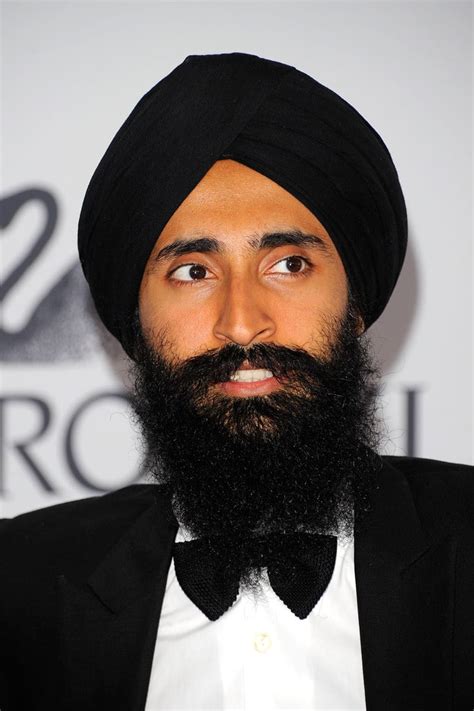A Quote by Terry Tempest Williams
If you know wilderness in the way that you know love, you would be unwilling to let it go.... This is the story of our past and it will be the story of our future.
Related Quotes
The Universe story is the quintessence of reality. We perceive the story. We put it in our language, the birds put it in theirs, and the trees put it in theirs. We can read the story of the Universe in the trees. Everything tells the story of the Universe. The winds tell the story, literally, not just imaginatively. The story has its imprint everywhere, and that is why it is so important to know the story. If you do not know the story, in a sense you do not know yourself; you do not know anything.
When we can let go of what other people think and own our story, we gain access to our worthiness—the feeling that we are enough just as we are and that we are worthy of love and belonging. When we spend a lifetime trying to distance ourselves from the parts of our lives that don’t fit with who we think we’re supposed to be, we stand outside of our story and hustle for our worthiness by constantly performing, perfecting, pleasing, and proving. Our sense of worthiness—that critically important piece that gives us access to love and belonging—lives inside of our story.
None of our films look alike, we are very dialectical in our approach to each one, and 'Hoop Dreams' was no exception. That's what I love about documentary filmmaking, we never know where the story is going, we don't know what is going to happen next, and we're inside a culture of people that you have to figure out in many ways. It's a relationship between what you thought might have been the story, and what happens in the 'field.' Out of that comes the story, which was exactly what happened with 'Hoop Dreams.'
I don't have the story finished and ready when we start work on a film. I usually don't have the time. So the story develops when I start drawing storyboards. I never know where the story will go but I just keeping working on the film as it develops. It's a dangerous way to make an animation film and I would like it to be different, but unfortunately, that's the way I work and everyone else is kind of forced to subject themselves to it.
He did not know that the new life would not be given him for nothing, that he would have to pay dearly for it, that it would cost him great striving, great suffering. But that is the beginning of a new story -- the story of the gradual renewal of a man, the story of his gradual regeneration, of his passing from one world into another, of his initiation into a new unknown life. That might be the subject of a new story, but our present story is ended.
If we wish to know about a man, we ask 'what is his story--his real, inmost story?'--for each of us is a biography, a story. Each of us is a singular narrative, which is constructed, continually, unconsciously, by, through, and in us--through our perceptions, our feelings, our thoughts, our actions; and, not least, our discourse, our spoken narrations. Biologically, physiologically, we are not so different from each other; historically, as narratives--we are each of us unique.
Even a beautiful God-scripted love story can never satisfy the way Jesus does...And until we are able to truly make Him our first love...we will never know the fullness of Him who fills all in all. We will always be looking to a mere man to meet the desires of our heart, rather than to the One who created us, who knows us better than we know ourselves, and who gave His very life's blood to rescue us.
Literature is an aspect of story and story is all that exists to make sense of reality. War is a story. Now you begin to see how powerful story is because it informs our worldview and our every action, our every justification is a story. So how can story not be truly transformative? I've seen it happen in real ways, not in sentimental ways or in the jargon of New Age liberal ideology.

































